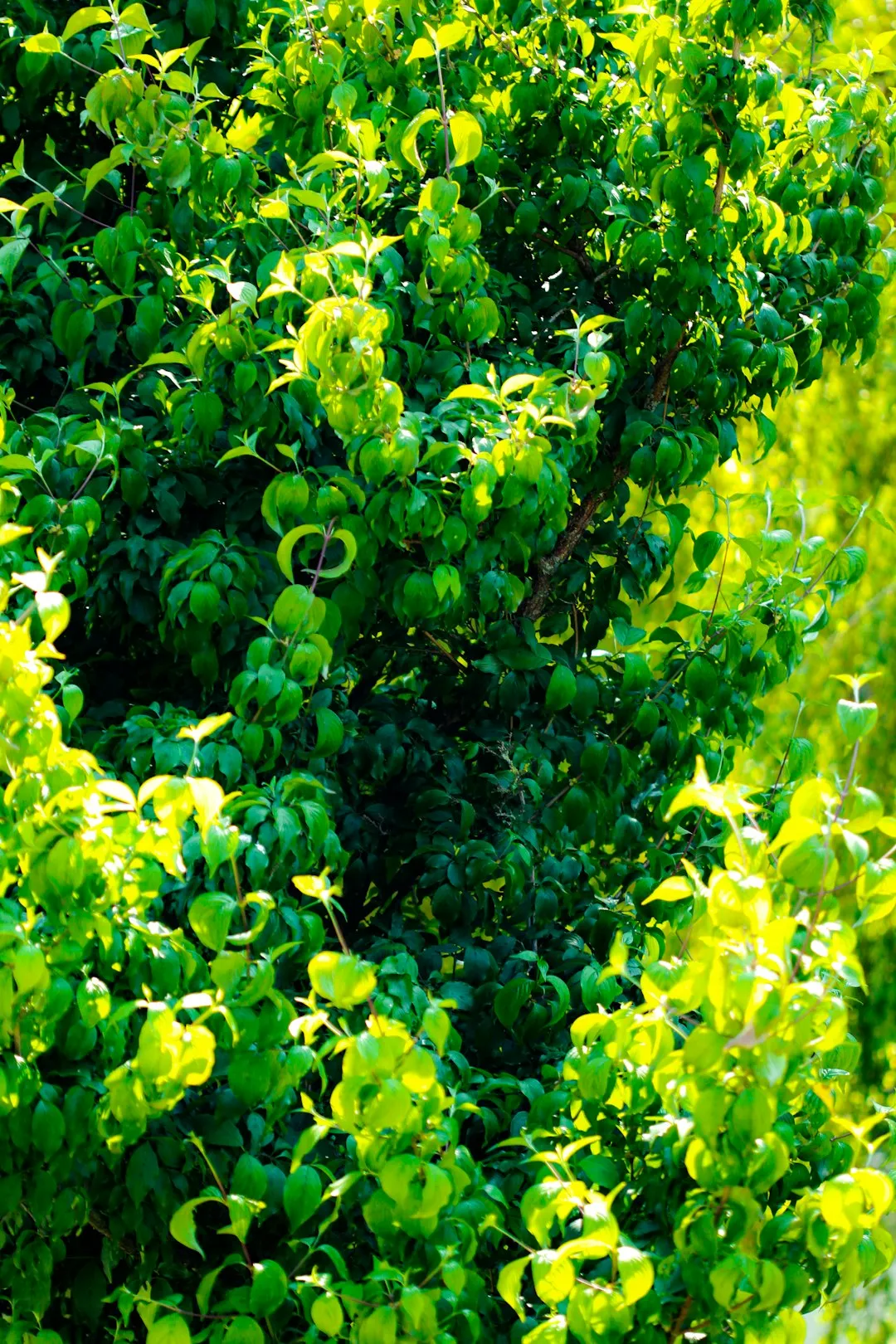Hops, a remarkable and resilient perennial vine, has long held a significant place in both the world of gardening and the art of brewing. This plant is not only an essential ingredient in the production of beer but also serves as an attractive ornamental addition to the right landscape.
One of the most appealing aspects of hops is its ease of growth. It is a hardy plant that can thrive in a variety of conditions, making it suitable for both novice and experienced gardeners. Hops prefer well - drained soil and plenty of sunlight, but they can also tolerate some shade. They have a rapid growth rate, with the vines capable of climbing up to 20 feet or more in a single growing season. This makes them an excellent choice for covering arbors, trellises, or fences, adding a touch of natural beauty to outdoor spaces.
In the garden, hops bring a unique aesthetic. The large, lobed leaves of the hops plant are a rich green color, providing a lush backdrop. As the plant matures, it produces cone - shaped flowers, known as hops cones. These cones are not only visually appealing but also play a crucial role in the brewing process. The cones contain resins and essential oils that contribute to the flavor, aroma, and bitterness of beer. Different varieties of hops can impart distinct characteristics to the final brew, from citrusy and floral notes to earthy and spicy undertones.
When it comes to cultivation, hops are typically propagated through rhizomes. These are underground stems that can be planted in early spring. Once planted, they quickly establish roots and start sending up new shoots. It is important to provide a sturdy support structure for the hops vines to climb on, as they are vigorous climbers. Regular pruning is also necessary to keep the plant in check and to encourage healthy growth. Pruning helps to remove any dead or diseased branches and promotes better air circulation around the plant, reducing the risk of fungal diseases.
From a brewing perspective, hops have been used for centuries to preserve and flavor beer. Before the widespread use of hops, other herbs and spices were used to add flavor to beer, but hops proved to be superior in terms of both flavor and preservation. The alpha acids in hops act as a natural preservative, helping to extend the shelf life of beer. In addition, the essential oils in hops contribute to the complex flavor profile of the beverage. Brewers carefully select different hop varieties based on the style of beer they are making, whether it's a light - bodied lager, a hoppy pale ale, or a rich, malty stout.
Beyond their use in brewing and gardening, hops also have some potential health benefits. Some studies suggest that the compounds in hops may have anti - inflammatory and antioxidant properties. They may also have a calming effect on the nervous system, which is why hops have been used in traditional medicine for treating insomnia and anxiety.
In conclusion, hops are a truly versatile plant. Whether you are a gardener looking to add an interesting and attractive vine to your landscape or a brewer seeking to create unique and flavorful beers, hops are an excellent choice. Their ease of growth, aesthetic appeal, and importance in the brewing industry make them a valuable addition to any garden or brewery. With proper care and cultivation, hops can thrive and provide years of enjoyment, both in the garden and in the glass.

